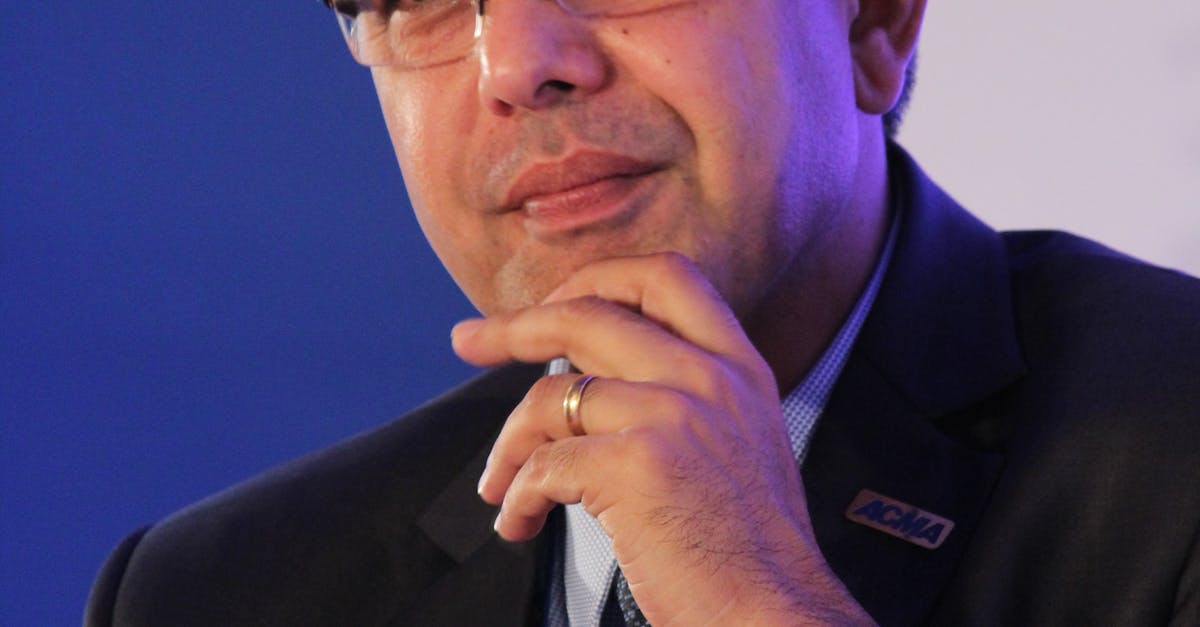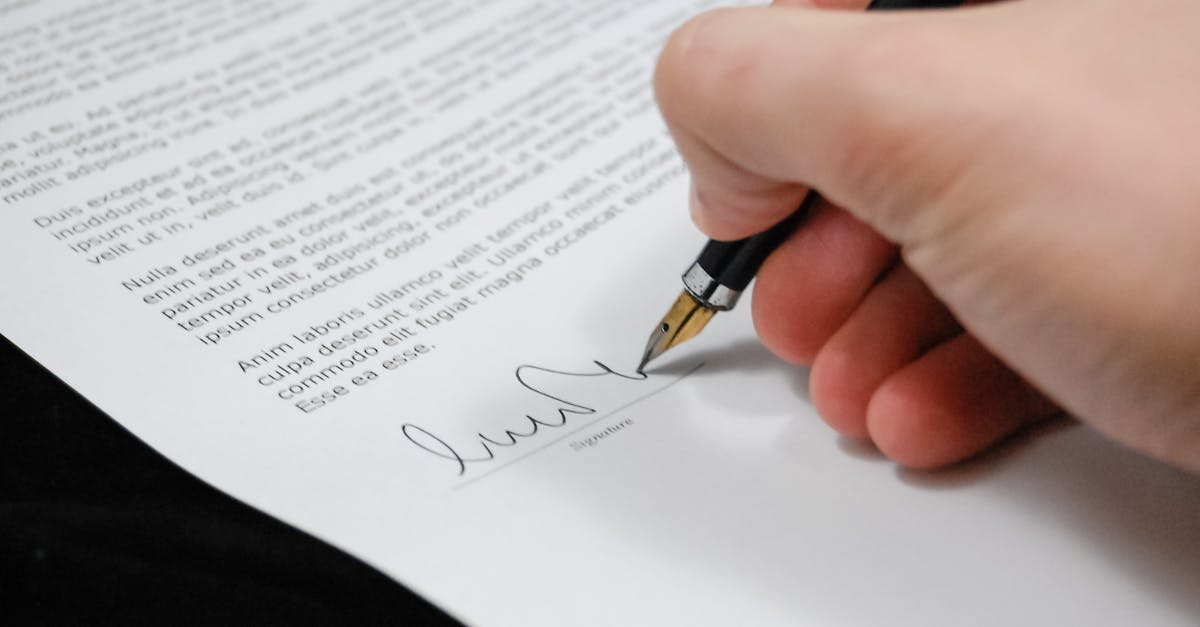
Impact on Personal Property in Chapter 7
Chapter 7 bankruptcy can have a significant impact on your personal property. When you file for Chapter 7 bankruptcy, a trustee is appointed to oversee the liquidation of your non-exempt assets to repay your creditors. The trustee will review your assets to determine if there are any that can be sold to generate funds for repayment. It is crucial to understand the exemptions available under Bankruptcy Law near me to protect certain assets from being included in the liquidation process.
Personal belongings such as clothing, household goods, and necessary furnishings are usually exempt from liquidation in Chapter 7 bankruptcy. However, high-value items like expensive jewelry, collectibles, or valuable artwork may be considered non-exempt assets and could be sold by the trustee to repay creditors. It is essential to work closely with a bankruptcy attorney to navigate the complexities of Chapter 7 bankruptcy and ensure you understand which personal property may be at risk during the process.
Treatment of Vehicles and Personal Belongings in Chapter 7
One of the key aspects of Chapter 7 bankruptcy is the treatment of vehicles and personal belongings. Under Bankruptcy Law near me, the guidelines vary regarding what assets can be retained or must be surrendered. Typically, in Chapter 7 bankruptcy, individuals may be required to give up any non-exempt property to be sold off to repay creditors.
Vehicles are often a primary concern for individuals filing for Chapter 7 bankruptcy. Depending on the state laws and exemptions available, a debtor may be able to keep a vehicle if it falls within the allowable limits. In some cases, a trustee may sell the vehicle to distribute the funds among creditors. Personal belongings such as jewelry, electronics, and other valuable items may also be subject to scrutiny in Chapter 7 bankruptcy, with non-exempt items at risk of being sold to repay debts.
Effects on Real Estate in Chapter 7
Real estate is a significant concern in Chapter 7 bankruptcy cases, as it involves determining the fate of properties owned by the debtor. Bankruptcy law near me dictates that the treatment of real estate in Chapter 7 depends on various factors, such as the equity in the property, the presence of liens or mortgages, and state exemption laws. Properties with no equity or where the debt owed is more than the property's value may be classified as "no-asset" cases, meaning the trustee does not liquidate the property to repay creditors.
In cases where the debtor has equity in real estate that exceeds the allowable exemption amount, the trustee may choose to sell the property to distribute the proceeds among creditors. However, exemptions provided by Bankruptcy law near me can help debtors protect their homes or other properties up to a certain value. Debtors must adhere to the guidelines and requirements set forth by the bankruptcy court to ensure compliance with the regulations governing the treatment of real estate in Chapter 7 proceedings.
Handling Real Property in Chapter 7 Bankruptcy
When it comes to handling real property in Chapter 7 bankruptcy, it is essential to understand the implications on your assets. In most cases, if your property has equity that exceeds the state exemption limits, the bankruptcy trustee may sell it to repay your creditors. Seeking advice from a legal professional knowledgeable in Bankruptcy Law near me is crucial to navigate this process effectively and protect your interests.
Furthermore, if you have a mortgage or lien on your real property, you must stay current on payments to prevent foreclosure during the Chapter 7 bankruptcy process. Failure to maintain these payments can lead to the loss of your property, even with bankruptcy protection. Consulting with a skilled attorney who specializes in bankruptcy can provide guidance on how to best address real property issues and ensure that you can make informed decisions regarding your assets.
Debts Discharged in Chapter 7
When considering Chapter 7 bankruptcy, understanding the debts that can be discharged is crucial. In this process, certain debts can be eliminated completely. These typically include credit card balances, medical bills, utility bills, and personal loans. It is important to note that debts such as student loans, child support, alimony, and tax debts are usually not dischargeable under Chapter 7 Bankruptcy Law near me.
Bankruptcy can provide a fresh start by wiping out eligible debts, offering individuals a chance to rebuild their financial well-being. Through Chapter 7 bankruptcy, individuals can eliminate overwhelming debt and move towards a more stable financial future. However, it is recommended to consult with a qualified bankruptcy attorney to understand the specific implications of discharging debts in Chapter 7 within the framework of Bankruptcy Law near me.
Types of Debts Eliminated in Chapter 7 Bankruptcy
In Chapter 7 bankruptcy, individuals may have the opportunity to discharge various types of debts. Commonly, unsecured debts such as credit card balances, medical bills, and personal loans can be eliminated through the Chapter 7 process. However, it is crucial to note that not all debts are dischargeable, and certain obligations like student loans, child support payments, and recent tax debts may still remain after filing for bankruptcy. Understanding the types of debts that can be discharged in Chapter 7 bankruptcy can provide clarity for individuals navigating their financial challenges. Seeking guidance from a legal professional who specializes in Bankruptcy Law near me can offer personalized insights into the specific debts that may be discharged in a Chapter 7 case, tailoring the approach to the individual's unique financial situation.
Moreover, Chapter 7 bankruptcy can offer relief by discharging obligations that are deemed unsecured and eligible for elimination under the Bankruptcy Code. By working with a qualified attorney knowledgeable in Bankruptcy Law near me, individuals can gain a clearer understanding of the debts that may be discharged, allowing them to envision a more stable financial future. Through the Chapter 7 bankruptcy process, individuals can address overwhelming debt burdens and work towards rebuilding their financial health with a fresh start.
FAQS
What assets are at risk of being lost in a Chapter 7 bankruptcy?
In a Chapter 7 bankruptcy, non-exempt assets may be sold by the trustee to repay your creditors. Exempt assets, such as basic household items and tools of trade, are typically protected.
Will I lose all my personal property in Chapter 7 bankruptcy?
Not necessarily. Certain personal belongings, such as clothing, furniture, and household goods, may be exempt from liquidation in Chapter 7 bankruptcy.
What happens to my vehicle in Chapter 7 bankruptcy?
Depending on the equity in your vehicle and the exemption laws in your state, you may be able to keep your vehicle in Chapter 7 bankruptcy. If the equity exceeds the allowable exemption amount, the trustee may sell the vehicle to repay creditors.
Can I keep my home in Chapter 7 bankruptcy?
In Chapter 7 bankruptcy, the treatment of real estate depends on factors such as the amount of equity in the property and whether you are current on mortgage payments. If the equity is below the exemption limit, you may be able to keep your home.
What debts can be discharged in Chapter 7 bankruptcy?
In Chapter 7 bankruptcy, unsecured debts such as credit card debt, medical bills, and personal loans can typically be discharged. However, certain debts like student loans, child support, and taxes may not be dischargeable.




